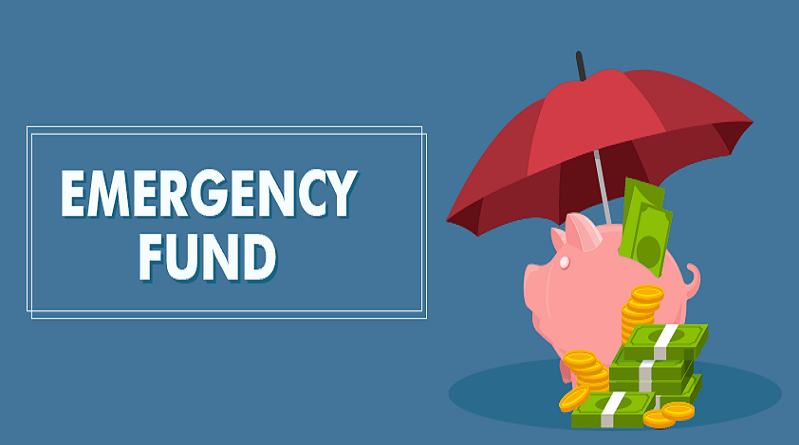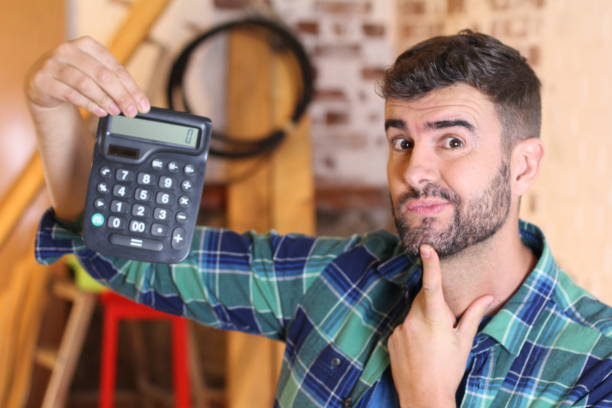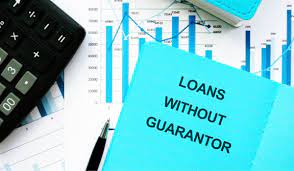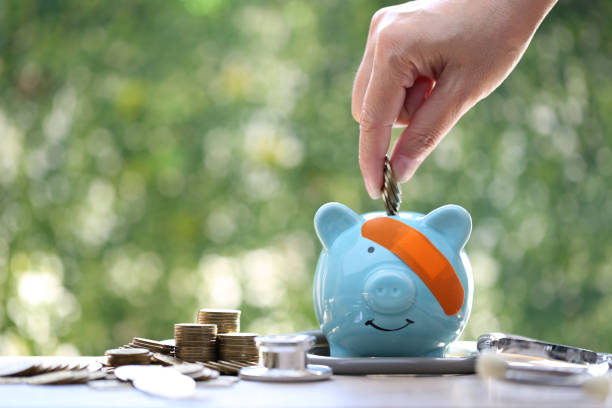Having a fund for emergencies is a good way to manage your money. It is meant to cover your living costs if something bad happens, like losing your job, getting sick, or a natural disaster. Building an emergency fund can save your life when money is tight. It can give you a safety net and keep you from getting into debt to pay for things you need. You should have an emergency fund big enough to cover your basic needs for at least three to six months.
It’s a way to save money for unexpected costs, so you don’t have to use credit or your retirement savings. It is easy to start a fund for emergencies, but how do you know it will work? This article will discuss why an emergency fund is important and how to set up one that works for you.
Why is it a good idea to have a fund for emergencies?
A key part of good financial planning and health is having a fund for emergencies. It gives you a safety net when money is tight and can keep you from going into debt to pay for unexpected costs. A savings account for emergencies can help you deal with things you can’t control and prepare for them.
One of the best things about having an emergency fund is that it can help you avoid financial trouble. If you have the money, you can pay for unexpected costs without going into debt. This can keep you from worrying about your debt and save you money over time.
It can also help you prepare for things like losing your job, getting sick, fixing your house, or having to pay for other unexpected costs.
Things You Need To Know To Set Up A Fund For Later
1. Different kinds of emergency funds are available
Emergency funds are important for a family’s financial security. Especially when expenses pop up out of the blue or when income problems arise. Different kinds of emergency funds can be changed to fit the needs of each person.
Most people have savings accounts, which are great for short-term emergencies and easy to get to when needed. People who need quick access to their money and want to make a little money on their deposits should get a money market account.
If you can save money for a long time, certificates of deposit are a good way to do so. They offer higher interest rates and a set date for the funds to be paid back. You can use other options like home equity or lines of credit for higher emergency costs. But the paperwork and approval process is a bit more complicated.
Ultimately, what a family needs and how much money they have will determine the best emergency fund. Save enough money to cover any costs that come up that you didn’t expect.
2. What should you consider when setting up an emergency fund?
Setting up an emergency fund is an important part of financial planning. The following are considerations to ponder while beginning an emergency fund.
To begin, choose a savings goal. This amount should cover any possible costs, like medical bills, car repairs, or losing your job. This timeline should be reasonable because if it’s too short, it will be hard to save the amount you want.
Once you know how much you want in your emergency fund and how long you want to save for it, you need to decide where to put the money. Also, you should consider how much it will cost to open and keep the account because these costs can add up over time.
Lastly, you should make a budget to save the amount you want. This budget should include all necessary and unnecessary spending, like rent, utilities, food, and fun. Also, you should save some of your money in case of an emergency. This should be done often, like once a month or every two weeks, because it will help you reach your financial goals.
3. Different ways to save money for an emergency fund
One of the most common ways is to open a savings account at a bank and put money into it regularly. This makes it easy to get the money quickly if needed, and the interest you earn can help your savings grow over time. You could also set up a transfer from your paycheck every month.
If you have poor credit, you could still qualify for a loan. Loans for bad credit without guarantor facilities may have higher interest rates, but if used wisely, they can be a good way to save up for an emergency. Also, make a plan for paying back the loan and stick to it so you can pay it off on time and not end up with more debt.
4. Alternatives of emergency funds
If you require cash and don’t have emergency savings, you may want to investigate personal loans in Ireland. These short-term loans can help you pay for things you need to pay right away, like bills, car repairs, or medical costs. The loans are easy to get online, and most people pay them back in 30 days.
The process is usually fast and easy, and you can get the money within 24 hours. Make sure you can repay the loan before applying since the interest rates are often rather high. You could also shop for the best interest rate and other conditions by comparing loans from many lenders.
Personal loans with no guarantor can be a good way to get cash quickly. Still, ensure you understand the terms and conditions before agreeing to one.
Conclusion
The best way to deal with sudden money problems is to have an emergency fund. Anyone’s life may benefit from financial stability and calm, regardless of wealth. Having that kind of fund can help people feel more confident and secure about their finances and give them extra money in an emergency.
Building an emergency fund is a smart and responsible thing to do that can help people now and in the future. Therefore, encouraging individuals to set aside emergency funds should be a top priority.

Having worked as a research analyst for 10 years, Archie developed his interest in consulting people struggling to manage money and now working as a Financial Consultant at Onestoploansolution. He is postgraduate in banking and accounting. For his a normal day starts from assessing the application and helping borrowers with getting more control over their finances. Archie Leo contributes to the finance blog of the company where he has written a lot of articles covering a wide range of topics such as budgeting, investing, saving and building wealth. His goal is to make people’s life easier with money.






